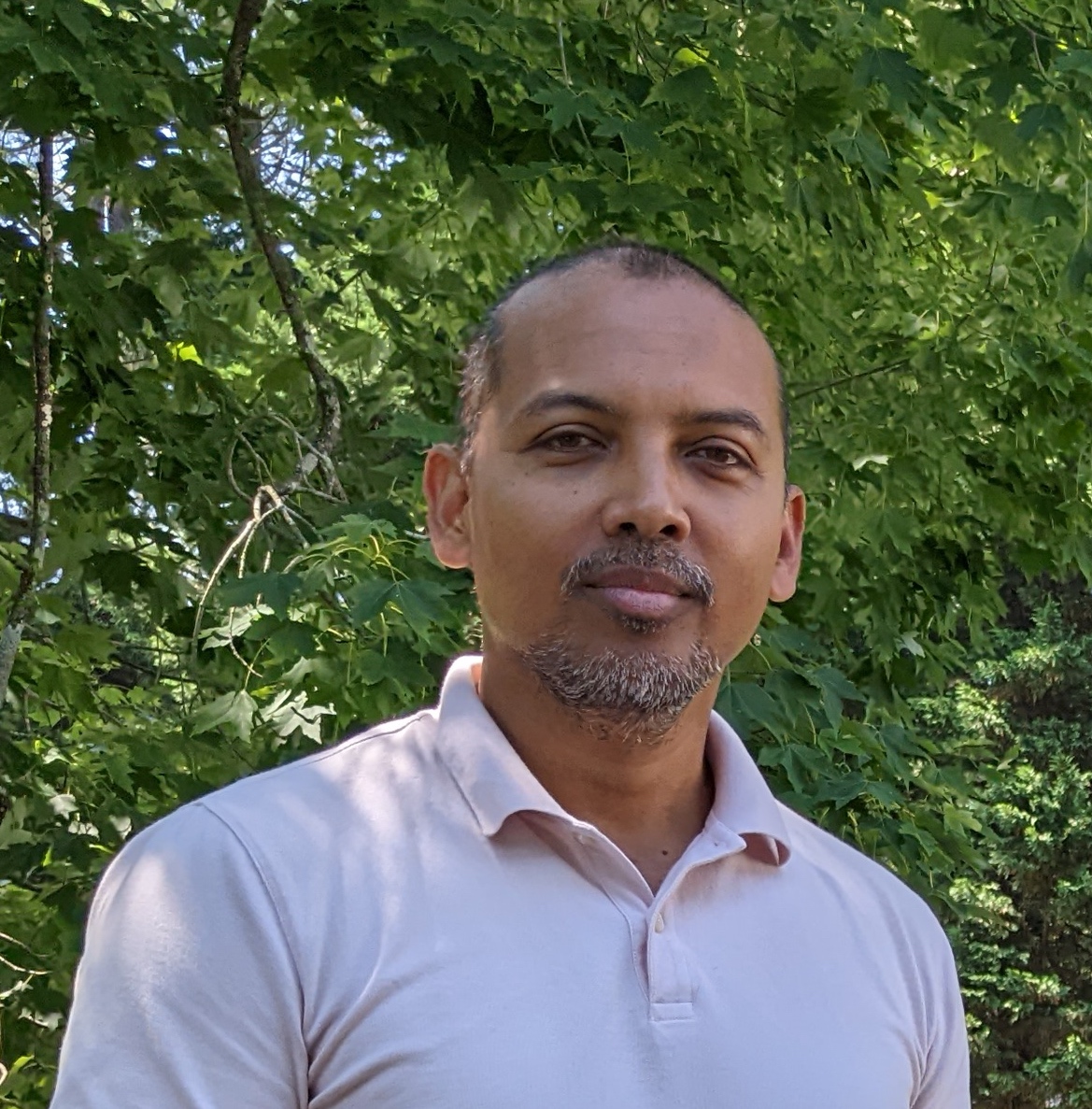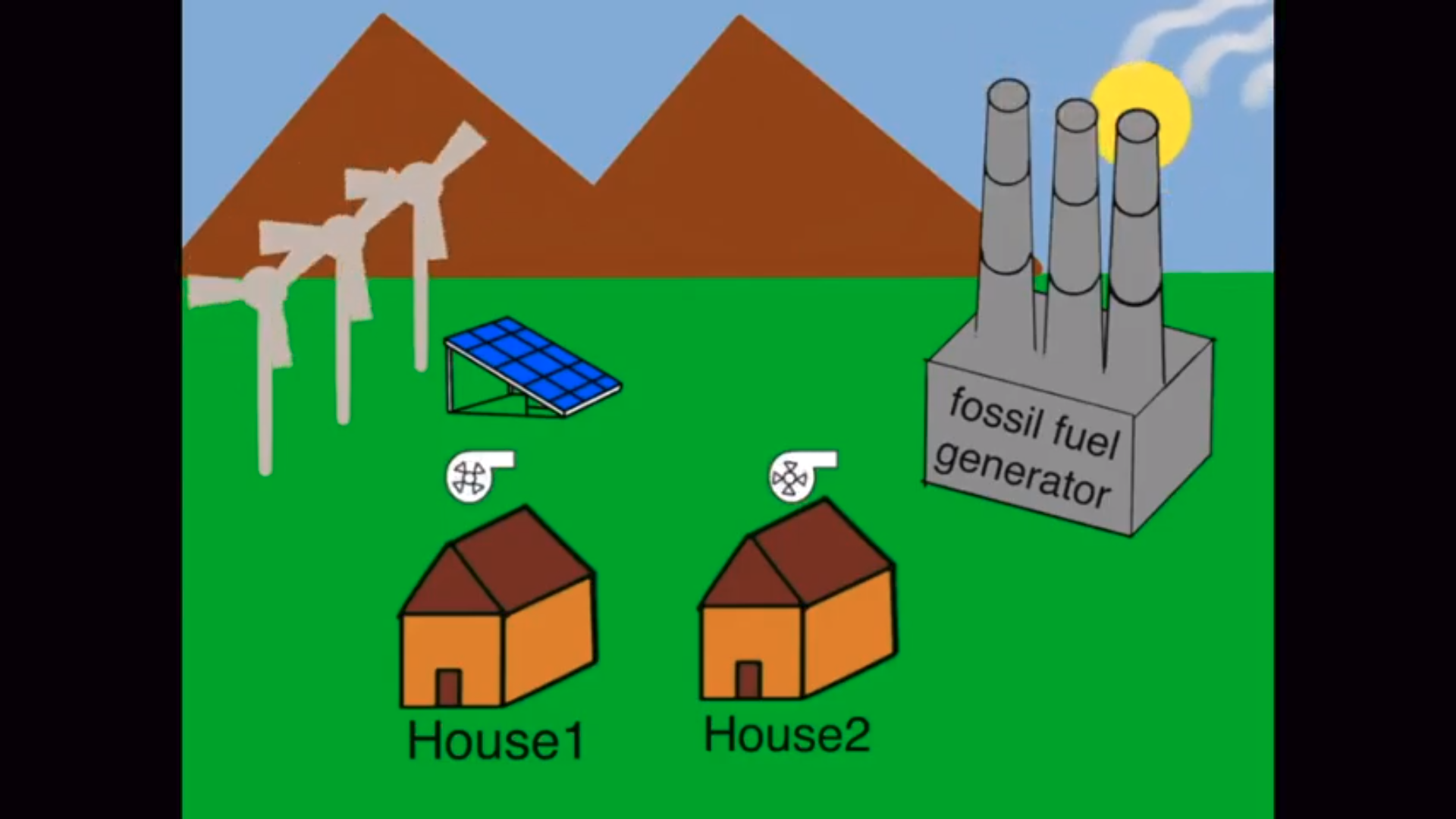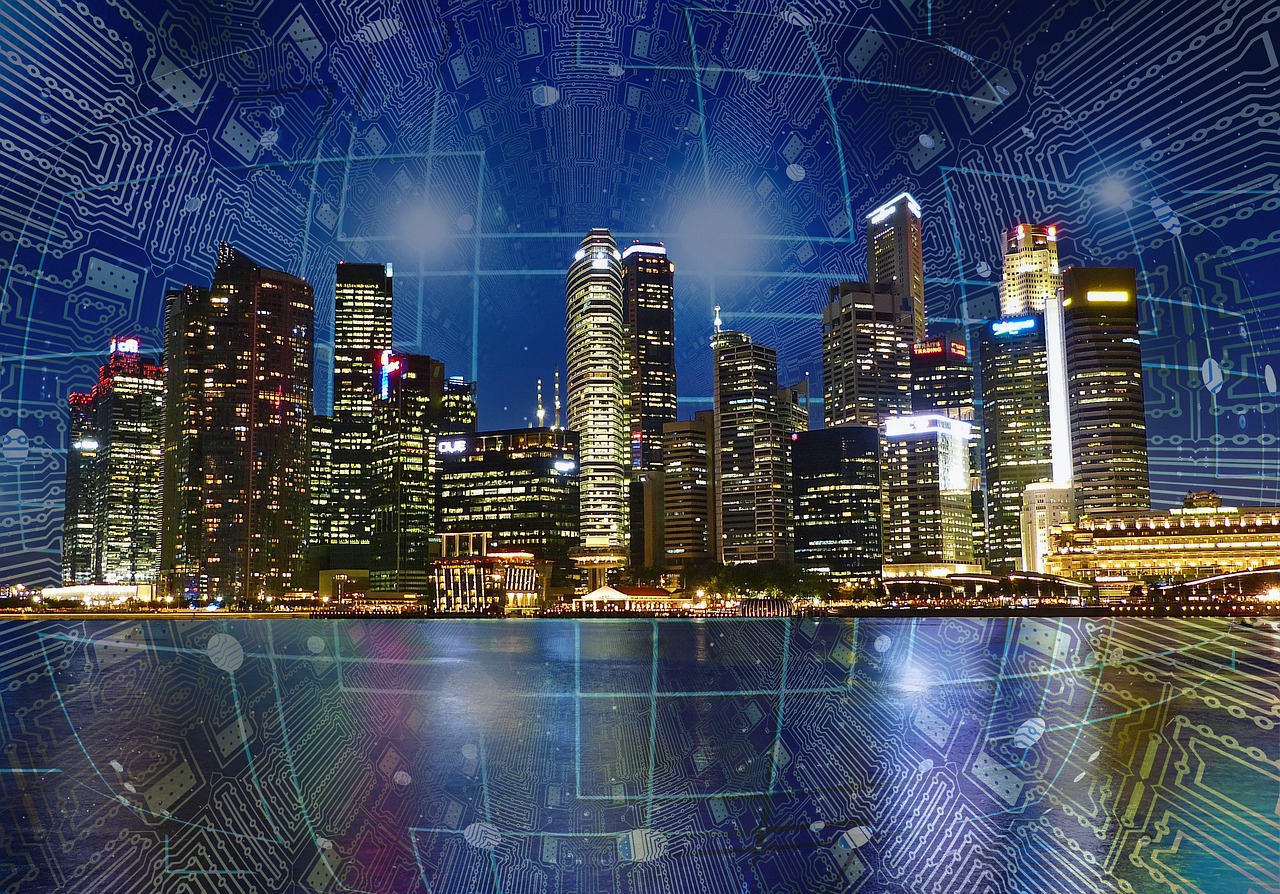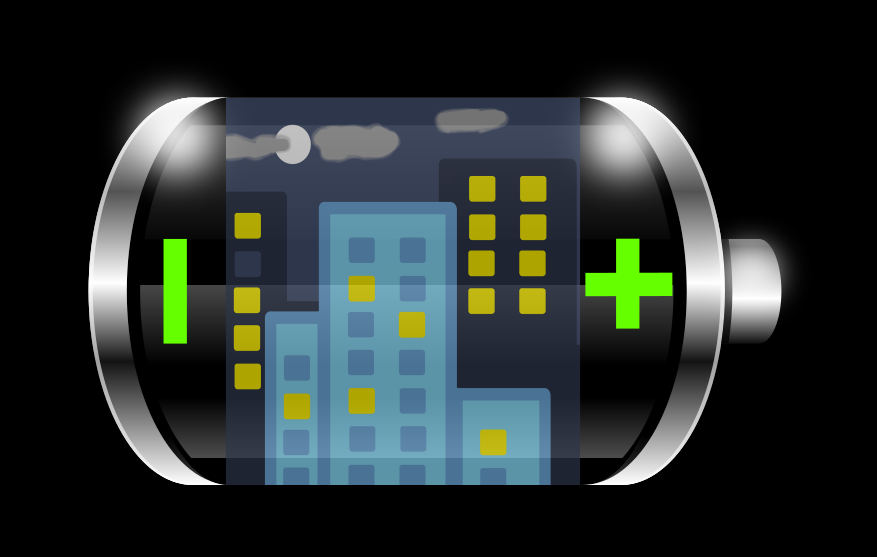Prof. Prabir Barooah

Professor
Electronics and Electrical Engineering
Indian Institute of Technology, Guwahati
Prabir Barooah joined the Indian Institute of Technology, Guwahati, in July 2022. Previously he was a Professor of Mechanical and Aerospace Engineering at the University of Florida, Gainesville, Florida, USA. He received his Ph.D. in 2007 from the University of California, Santa Barbara. From 1999 to 2002 he was a research engineer at United Technologies Research Center, East Hartford, CT. He received the M. S. degree in Mechanical Engineering from the University of Delaware in 1999 and the B.Tech degree in Mechanical Engineering from the Indian Institute of Technology, Kanpur, in 1996. Dr. Barooah has won the Outstanding Researcher Award (2013) from American Society of Engineering Education (SE Section), CAREER award (2010) from the National Science Foudation (USA), General Chairs' Recognition Award for Interactive papers at the 48th IEEE Conference on Decision and Control (2009), the best paper award at the 2nd Int. Conf. on Intelligent Sensing and Information Processing (2005), and a NASA group achievement award (2003).


